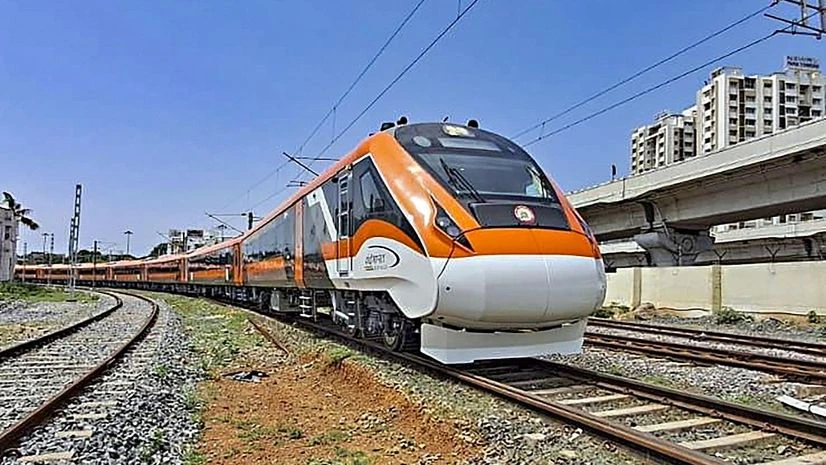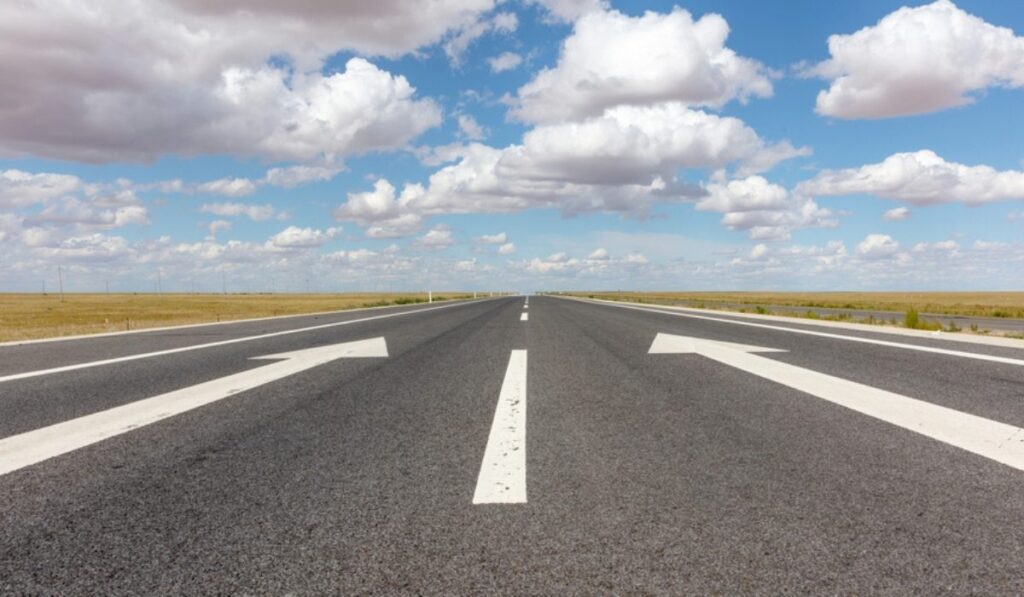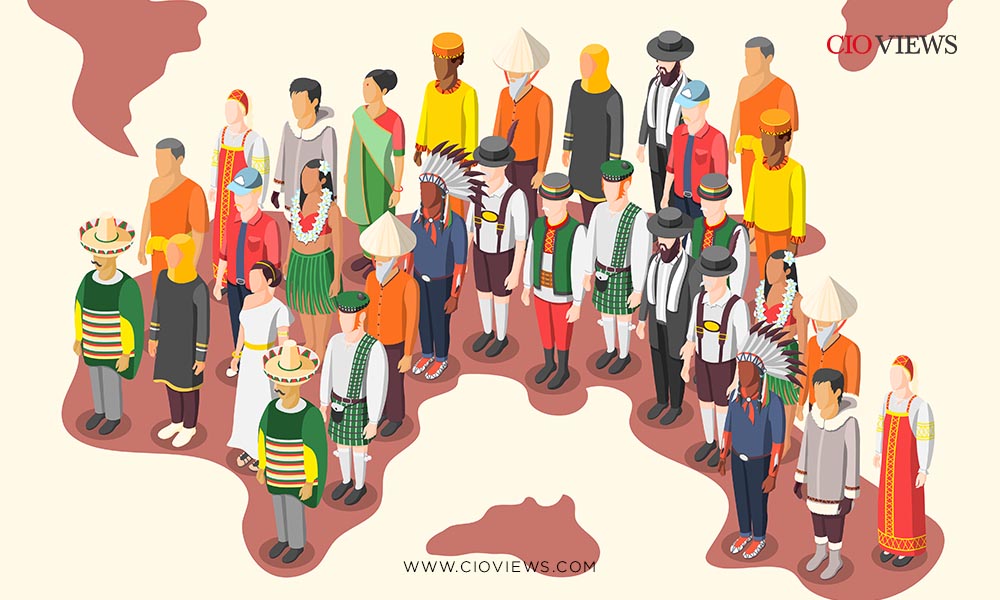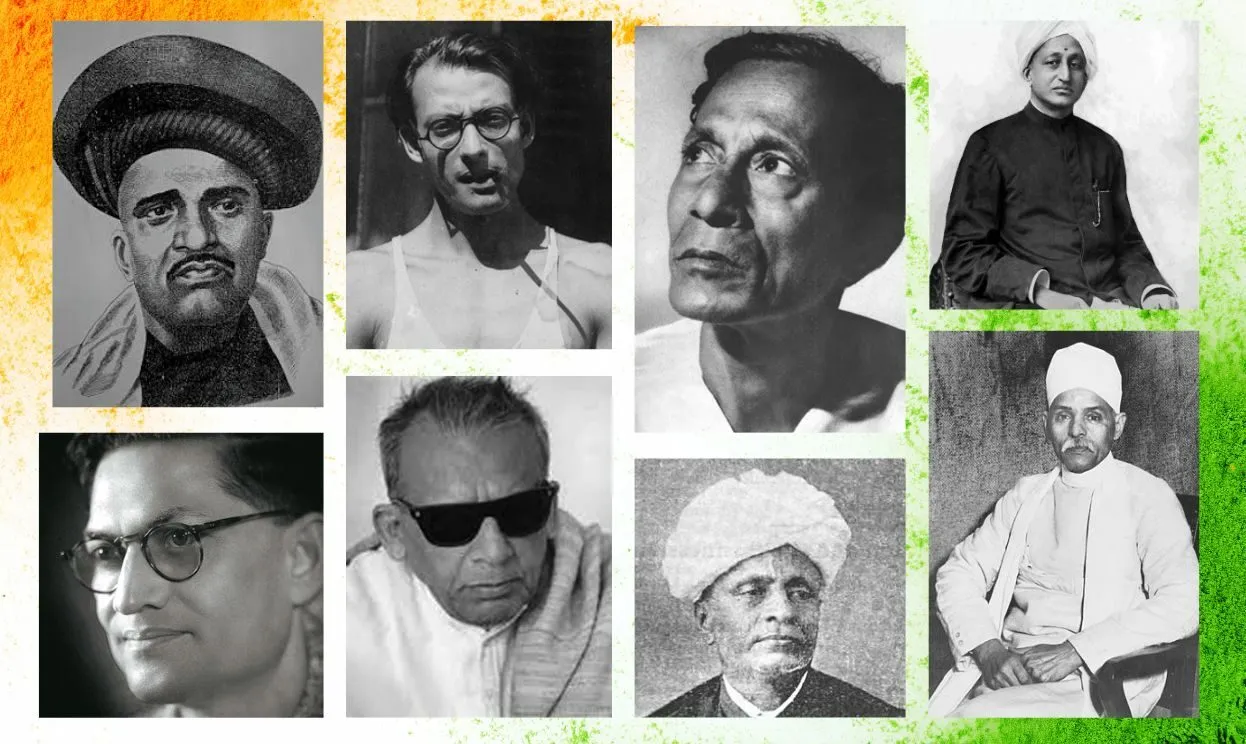Now Reading: How Maps Were Political Tools: Power on Paper
-
01
How Maps Were Political Tools: Power on Paper
How Maps Were Political Tools: Power on Paper

Maps are often seen as neutral tools for navigation, but historically they have served as powerful political instruments. In India and around the world, rulers and governments used maps to assert control, claim territories, and influence perceptions of borders. Understanding how maps shaped political strategies helps reveal the subtle ways cartography has influenced governance, territorial disputes, and social narratives over centuries.
Maps as Instruments of Control
Rulers used maps to consolidate power, plan military campaigns, and manage resources. In colonial India, detailed surveys and maps allowed the British to control land, extract revenue, and govern more efficiently. Maps were not just about geography; they were about influence and authority.
Shaping Borders and Identities
Maps have historically defined political boundaries and influenced how people identify with regions. Drawing borders often ignored cultural or ethnic realities, affecting communities for generations. In Tier-2 cities near state or district borders, the legacy of such decisions can still be seen in administrative and social structures.
Propaganda and Perception
Beyond administration, maps were used to shape public perception. Enlarged depictions of a nation or selective highlighting of territories reinforced ideas of dominance or legitimacy. Political maps often emphasized control rather than accuracy, subtly influencing opinions about power and ownership.
Modern Implications
Today, maps remain crucial in politics, urban planning, and international relations. Digital mapping and satellite imagery continue to influence government decisions, public discourse, and even local development in Tier-2 cities, showing that the political power of maps persists in modern contexts.
Conclusion
Maps have always been more than tools for navigation. From asserting authority and shaping borders to influencing public perception, they have played a critical role in politics. Recognizing this history helps understand the lasting impact of cartography on governance and society in India and beyond.

























